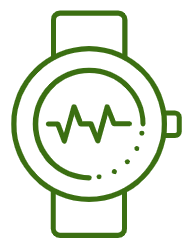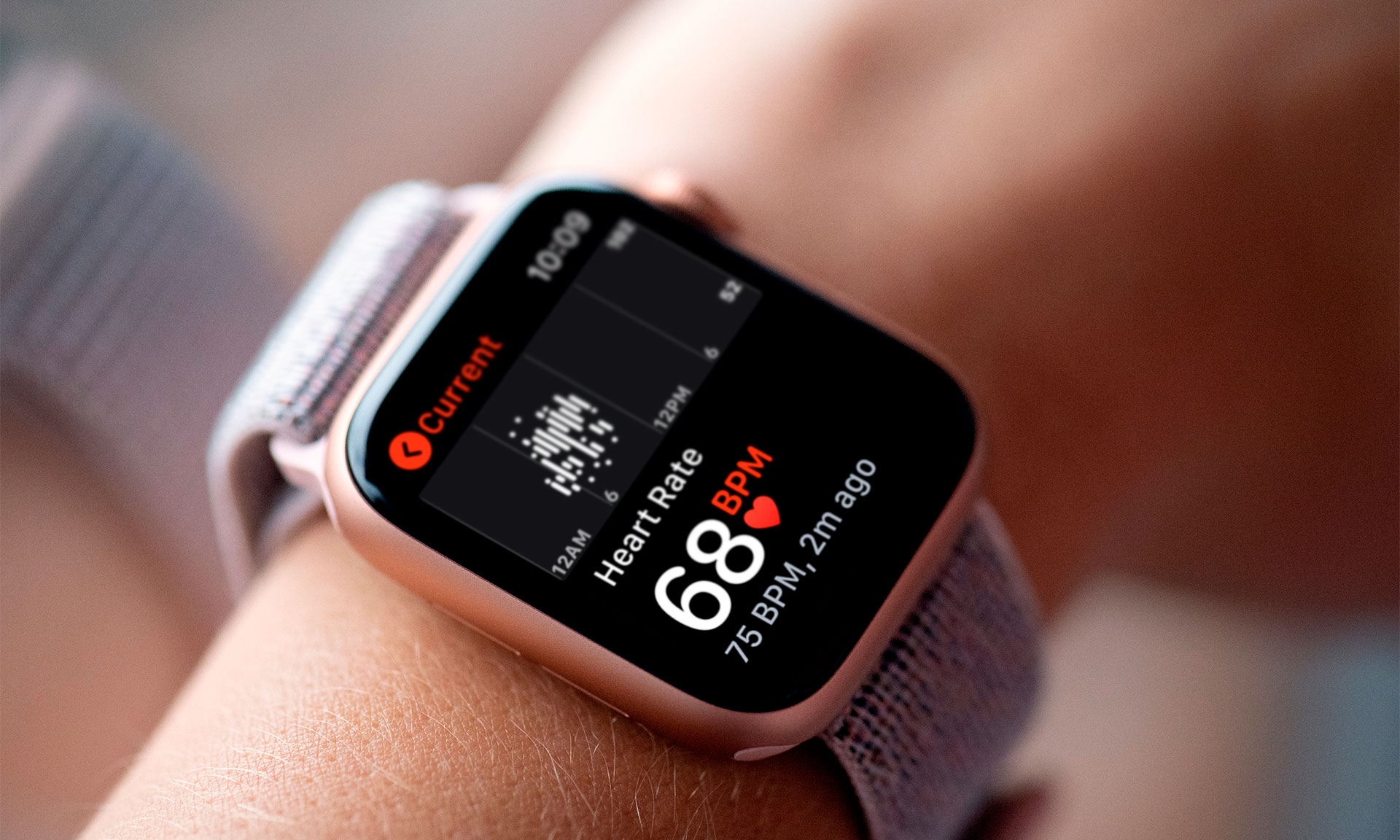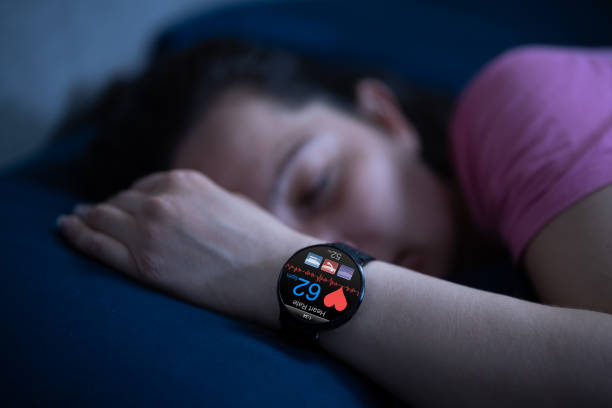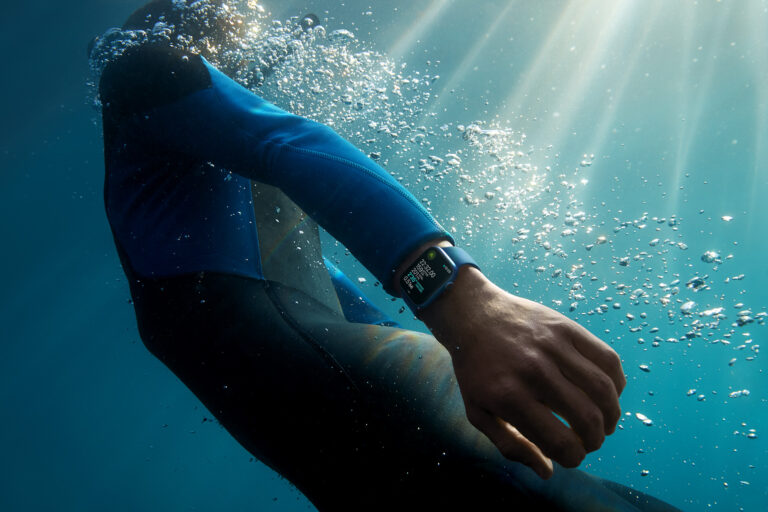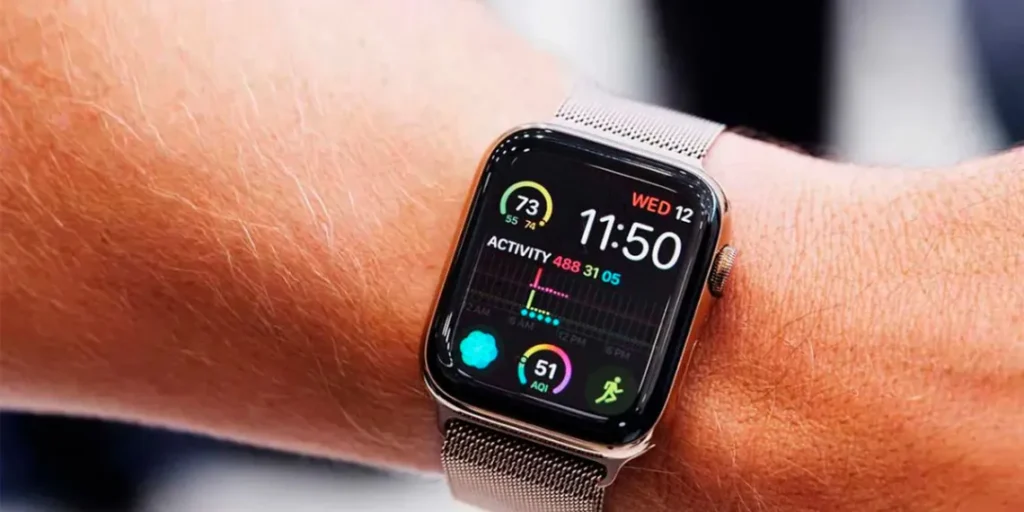
In this blog post, we’re diving into an intriguing secret about your fitness tracker that often slips under the radar – the connection between heart rate variability (HRV) and the accuracy of your fitness tracker. Get ready for a simple and engaging journey where we discover the science behind it all. Brace yourself for a revolution in your fitness adventure!
Understanding Heart Rate Variability (HRV):
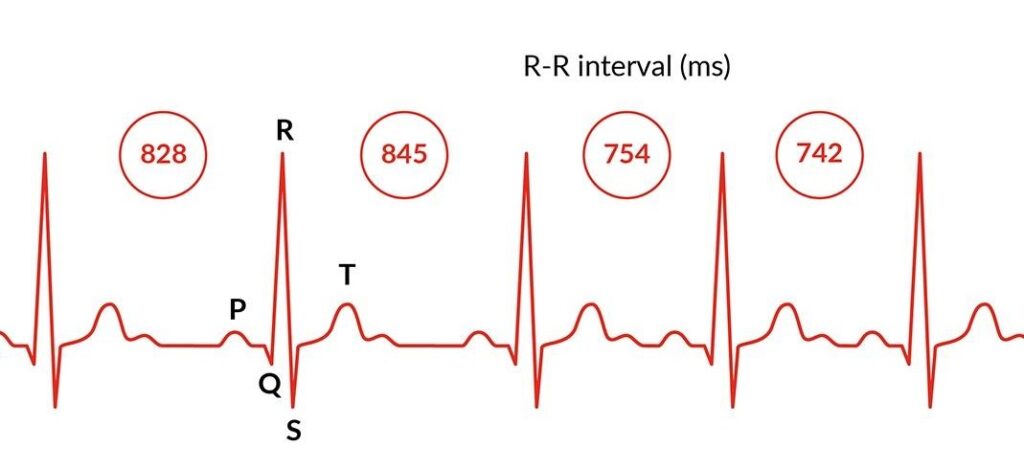
Before we dive into the connection with fitness tracking, let’s grasp the concept of heart rate variability. HRV is the variation in time between consecutive heartbeats. Simply put, it’s not just about how fast your heart beats but also how the intervals between beats vary.
Why does HRV matter?
High HRV is associated with good cardiovascular health and resilience to stress. On the other hand, low HRV may indicate fatigue, stress, or other health issues. Monitoring your HRV can provide valuable insights into your overall well-being.
The HRV-Fitness Tracker Connection:
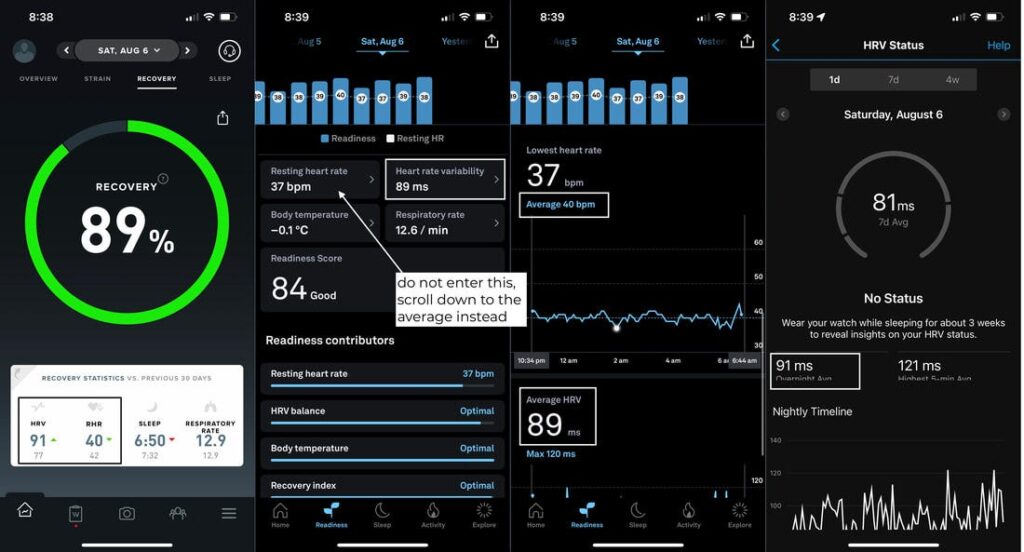
Now, let’s connect the dots. Your fitness tracker monitors your heart rate, but the relationship between HRV and its accuracy is crucial. Traditional fitness trackers focus on constant heart rate monitoring, but HRV adds an extra layer of information. By considering HRV, trackers can better understand your body’s response to exercise and stress, leading to more accurate fitness data.
How HRV Improves Accuracy:
1. Personalized Training Zones: HRV allows for the customization of training zones based on your body’s readiness. This ensures that workouts are optimized for your current state, preventing overtraining or undertraining.
2. Recovery Insights: Monitoring HRV provides valuable insights into your recovery. A low HRV might indicate that your body needs more rest, guiding you to adjust your workout intensity or schedule for optimal recovery.
3. Stress Management: HRV reflects your body’s ability to handle stress. Fitness trackers incorporating HRV can help you manage stress by providing real-time feedback, encouraging mindfulness, and suggesting relaxation techniques.
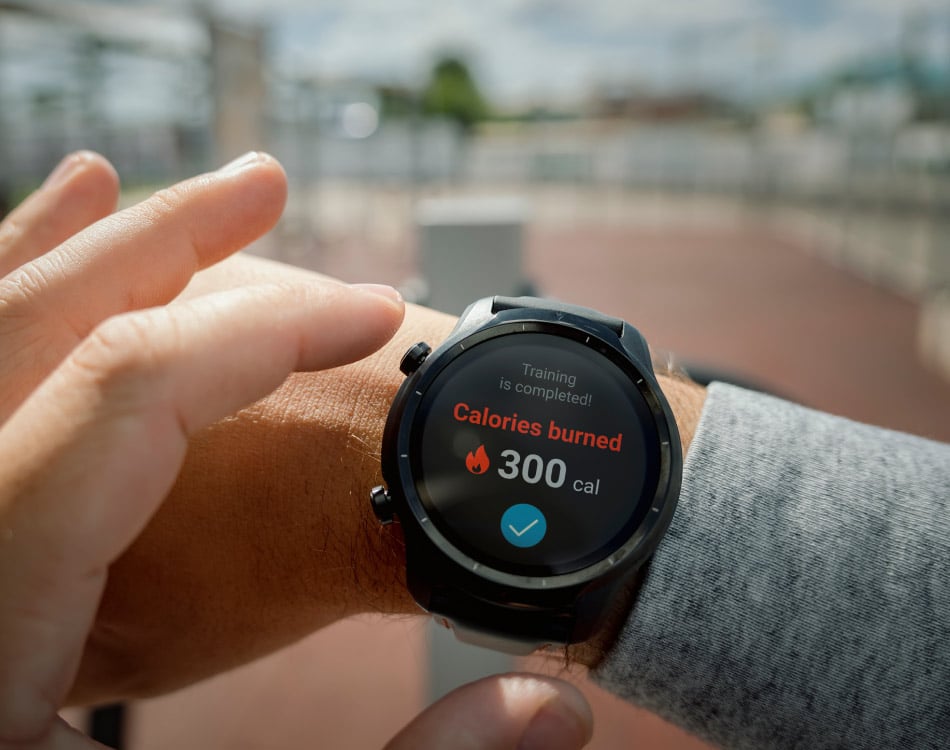
4. Accurate Calorie Burn: Combining heart rate data with HRV allows for more accurate estimation of calorie burn. This is especially beneficial for those looking to manage their weight effectively.
Conclusion:

Incorporating HRV into fitness tracking brings a new dimension to your health journey. It’s not just about counting steps and calories; it’s about understanding your body on a deeper level. By paying attention to the link between HRV and fitness tracking accuracy, you can make more informed decisions about your workouts, recovery, and overall well-being.
Remember, your fitness tracker is not just a gadget – it’s a personalized guide on your path to a healthier, fitter you. Embrace the power of HRV, and let your fitness journey be not only effective but also enjoyable and sustainable.
